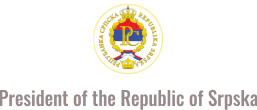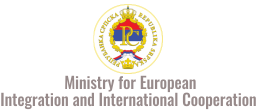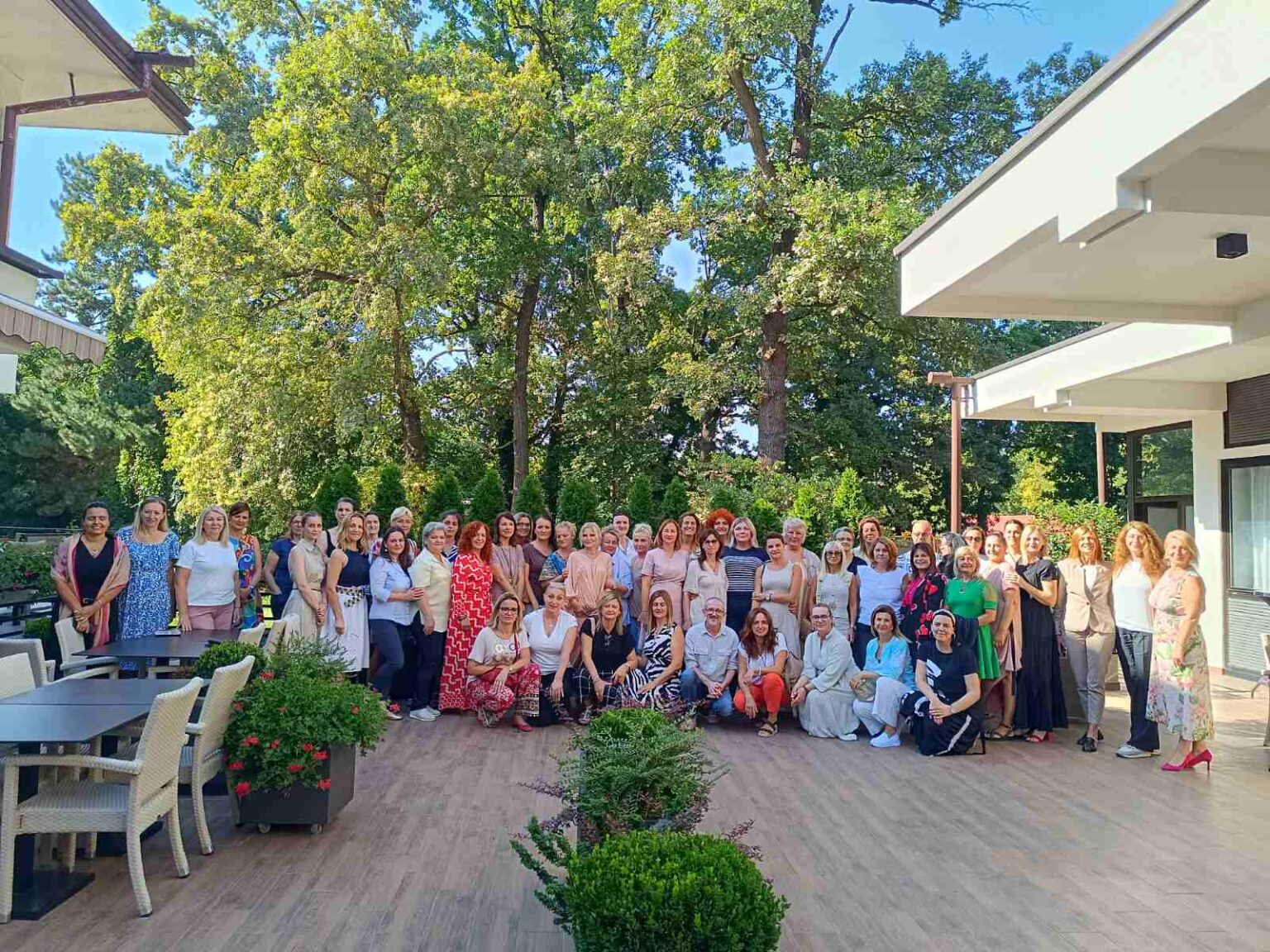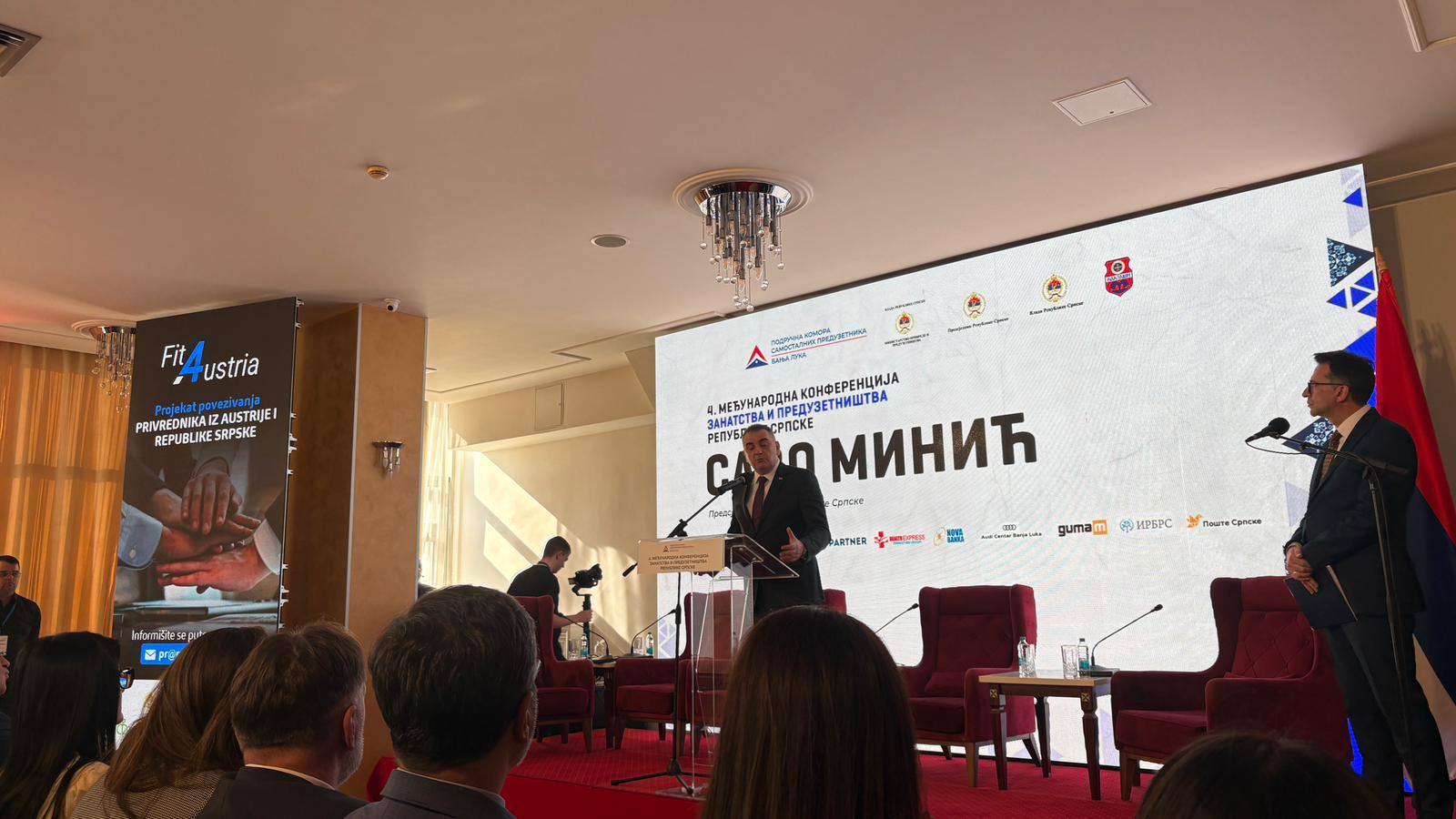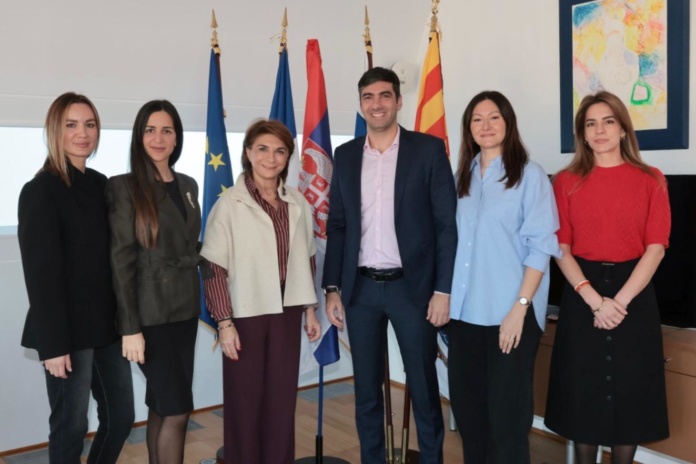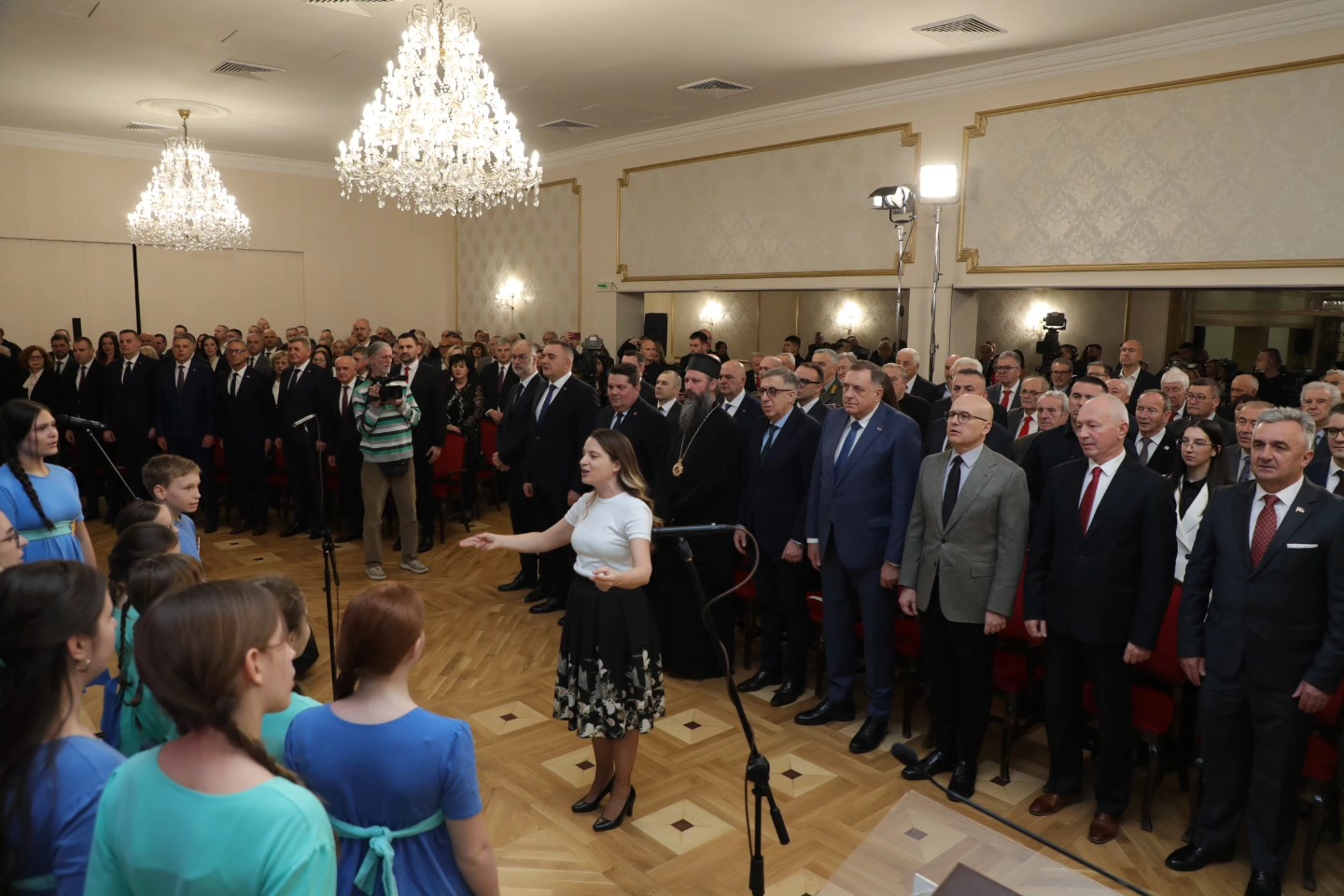The Ministry of Education of the Republic of Serbia and the Institute for the Improvement of Education organized and implemented training of public importance intended for teachers carrying out educational work in the Serbian language abroad.
The three-day training was held from 30 July to 1 August 2025 at the Hotel M in Belgrade. The program was opened by the Ministry of Education’s State Secretary Borko Petrović and the Institute’s Deputy Director Dejana Milijić Subić. On that occasion, the significance was highlighted of joint and continuous action on developing awareness of the importance of the Serbian language in preserving national and cultural identity, and in establishing lasting ties with the fatherland. The teachers were sincerely thanked and strongly encouraged to continue to be bridges between children and their linguistic and cultural heritage in their work.
The general goal of the program is to improve the methodological and didactic competencies of teachers in relation to the context in which this teaching is implemented. The topics covered by the training were grouped into four units: systemic and programmatic framework of educational work (legal frameworks; teaching and learning program; the role of teachers as linguistic and cultural mediators, etc.); specificities of teaching in the Serbian language abroad (students’ linguistic competencies; teaching adaptation; strengthening students’ identity competencies, etc.); teaching methodology and creative practices (stimulating content in teaching (picture, story, poem); multilingualism as a gift for learning Serbian; enriching vocabulary in a natural way while respecting the principle of minimal effort, using artificial intelligence in teaching in Serbian, etc.); joint learning and professional development (exchange of examples of good practice, joint planning of teaching activities, reflection on professional experiences, mutual support and cooperation, etc.).
This time again, the exchange of authentic examples from teaching practice prepared by teachers with experience in educational work abroad added a special value to the program.
Towards the end of the program, attention was focused on the Institute’s unique digital manual My Fatherland Serbia, with a focus on its capabilities and potential to support work in the classroom, students’ independent or participatory activities, application in home environment, deepening and expanding the content, according to the interests of students and their individual capabilities.
Event organizers were experts from the academic community, educational practice, Ministry of Education and the Institute. The program covers 24 hours of professional training, is free for participants, and available online for those who were unable to attend in person.
This training, as well as the joint reflection on teaching strategies, resources and the role of teachers as linguistic, cultural and identity mediators, once again confirmed the commitment of institutions to provide teachers who carry out educational work abroad with support that is not only professional development, but also a systemic incentive and support.
Source and photo: Institute for the Improvement of Education
